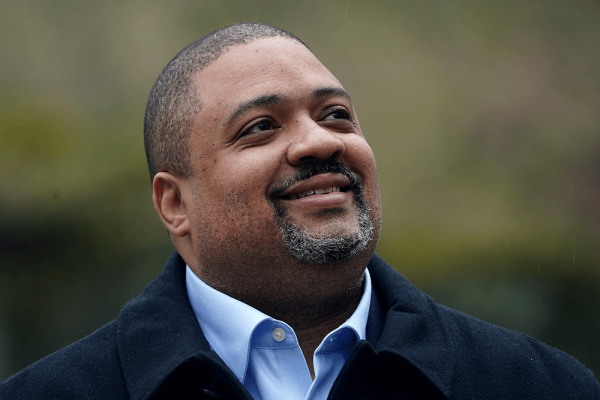Mar 29, 2023
Manhattan’s District Attorney, Alvin Bragg, is best known these days for leading the probe of whether former president Donald Trump and his company broke state laws in 2016 to buy Stormy Daniels’ silence about an alleged affair.
Read the Full Article

Already a subscriber? Login
